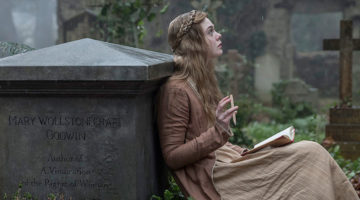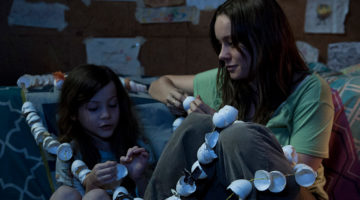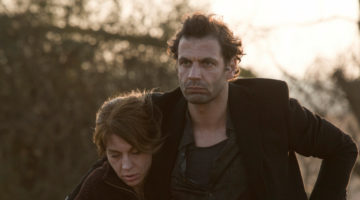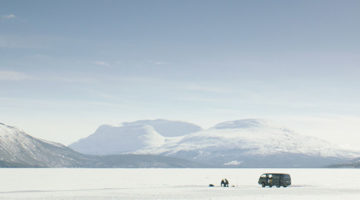Interview with Marcin Wrona of Demon
This is one of the most difficult interviews that we have ever had to publish, because the director of Demon, Marcin Wrona, died tragically last night. He was an incredibly humble and giving person in his interviews. There is one final screening of his film Demon Saturday September 19th at 9:15 pm at Scotiabank Theatre. We hope that there will be an appropriate celebration of Wrona at tonight’s screening of Demon. The film has already received great reviews early on in festival, but tonight’s screening is now essential.
We sat down with Wrona and his wife and the producer of the film Olga Szymanska early last Sunday morning and he was extremely forthcoming with his answers.
Scene Creek: What helped to inspire the film?
Marcin Wrona: What was the story of Jewish people in my hometown? So I was interested in all the Jewish and all the mysticism. That’s why the Dybbuk came to me, because many people told me about Dybbuk. Also Dybbuk is present in our theatre, Polish theatre.
Also in the film, the last film about the Dybbuk was released in the 1930’s by Michal Waszyński. There are lots of legends about Dybbuk because the film is based on S. Ansky’s play, who wrote about the Dybbuk and died immediately after the play was a terrible failure. They brought the stage play back to the public and it became a huge success.
The original Dybbuk, the play is kind of a mystical version of Romeo and Juliet. So, the original story is about a bride. And the bride was expected to marry another guy. But her parents decided to give her to someone else. And because of this, the fiancé, the original fiancé committed suicide, and his ghost, the Dybbuk came into the bride. She got possessed, and the marriage was a total failure. And because of this, the Jewish community, the Rabbi, they decide to get the Dybbuk out of her. And the ceremony involves twelve Rabbis ask the Dybbuk to come out of the possessed person. And she decided “no”, because she was in love with another guy, and she dies in the end, like Romeo and Juliet, the Hasidic version of Romeo and Juliet (Laughs).
I decided to write this film because we have many stories about Polish-Jewish relationships based on the Holocaust, but not only that, our roots are stronger, terrible nightmare terrible trauma, really sad and nobody knows about it. There’s more information that connects us, more that connects our culture on both sides. One thousand years of Jewish culture has inspired us. When we go to Israel, we feel like it is a neighbouring culture, because everybody knows everything about Poland. You know, it’s amazing.
Again, my idea is not talking about guilt, or someone who is a victim because I think that there are stronger films about the Holocaust. The film is not about trauma, and not about the Holocaust, it is about Demons of the Past. And there is something much stronger about our culture. It is also mixed with Polish grotesque. Pure horror is not enough for that film, because the film wants to tell more serious topics. I did not want to make it pure horror, because otherwise, it would just be too scary.
Scene Creek: Why is it important that your film plays in Vanguard?
Vanguard is the perfect program for our film. Colin (Geddes) contacted us because he saw one of the reviews in the Cannes Film Festival. We were in Berlinale, but it was a very fresh version of the film. People wrote articles, and he probably saw that and the whole thing started. And it’s my second time here.
I said that I only want this film to be based on actors’ skills. Not sci-fi, not special effects, nothing like that. Only actors that can act for real like they are getting possessed. And that shows. He (lead actor Itay Tiran) gets to play not someone who is like him, but a little Jewish girl that is inside him. And I like it, and I think that he did it perfectly.
Scene Creek: What has the reaction been like?
I try not to be too proud of myself, but we are surprised much more than what we expected before Toronto. I think that the people in Toronto understand playing with genre, they understand horror, structure, but they also understand grotesque. And they also understand why the grotesque is mixed with horror. The film is about the past and also about spirituality, that we have limited access every day because of the computers. Of course, I tried to make the film as attractive as possible. At the start people are scared, but at the end, people are laughing. There is something about the Demon relating to our culture, and we cannot escape from it.
Demon screens Saturday, September 19th at Scotiabank Theatre at 9:15 p.m. as part of TIFF.





